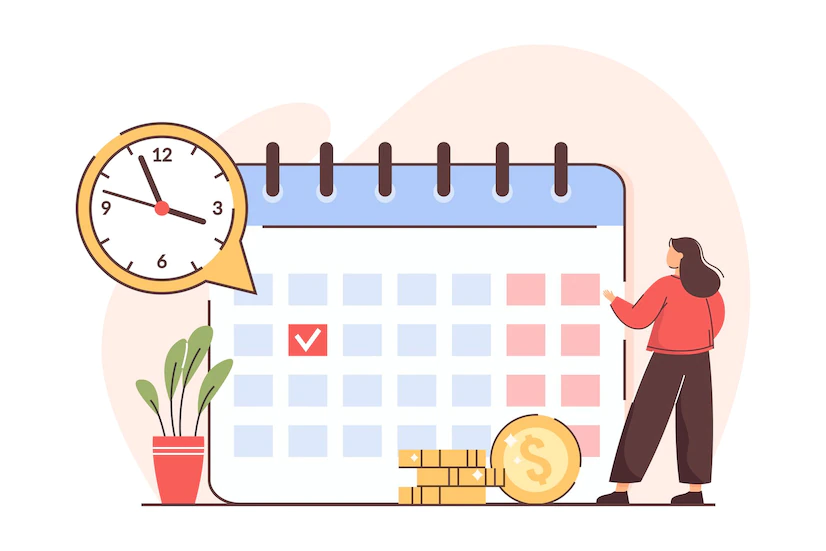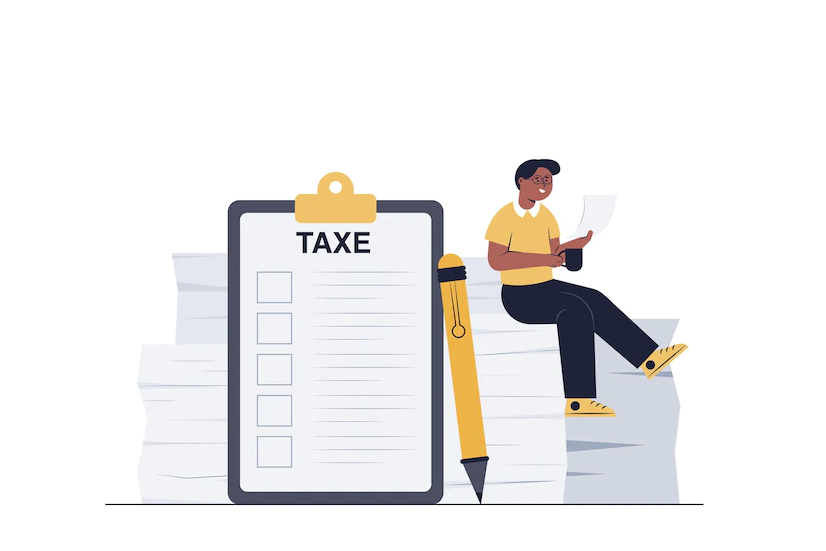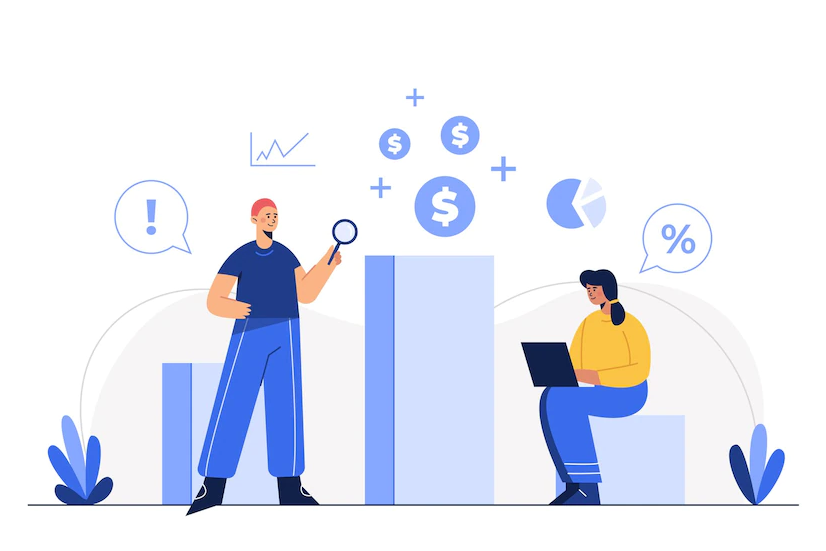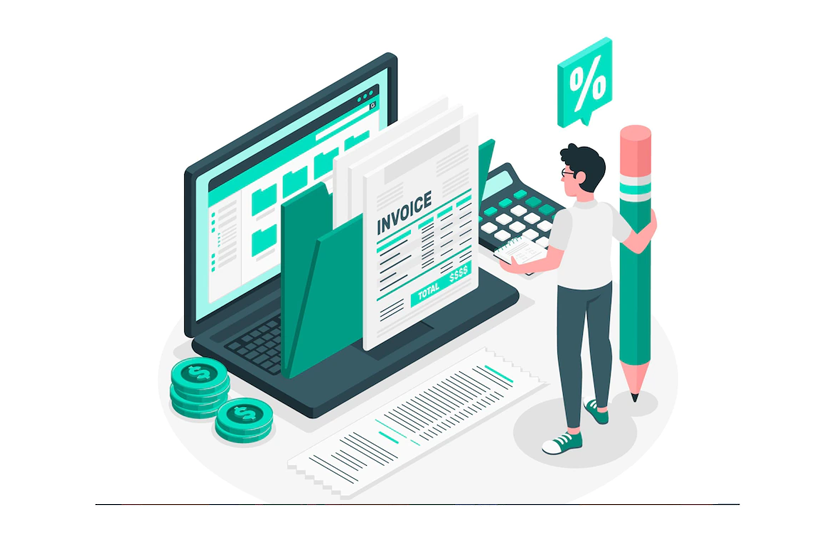Get Support
+447475343746
Providing Services Online or Face toface
15
Who we help
40
Services
30
Completed Project
500
Happy Customer

Services
Online accountancy services for low fixed monthly fees...
Market research
To build a lasting business, you need to focus on one thing above everything else - what your customers want. Knowing your audience brings you one step closer to giving them what they want and therefore making money. You might have the greatest idea for a business, but if there aren't enough people out there who need or want it, the idea could crash and burn pretty quickly. So it's wise to undertake thorough market research before you get too invested in your business. What you need to find out about the market: Who your potential customers are and how big the market is What are their current buying habits (frequency, amount etc.) Why do they buy certain products or services, i.e their motives What will make them buy from you instead of a competitor Surveys allow you to back up your plans with quantitative data, putting you in better position to attract investment. Take a good look at your competitors too, see what they're doing right and think what you could to do better in your own business.
Premises and business rates
If you run your business from home you may need: Permission from your landlord or mortage provider Business insurance To check whether you need to pay any business rates If you're going to be operating from a shop or office, you need to make sure the premises are licensed for commercial use. If they aren't then you can apply for permission here. You may have to pay business rates depending on the value of the property you're working from. These are based on the 'rateable value' of the property, and you'll be billed by your local council. For more information on business rates you can visit the government website here. If you're planning to run a pub or restaurant then you'll need to get personal and premises licenses to sell alcohol as well as any other entertainment related licenses,
Will I have to register for VAT?
Only if your turnover exceeds £85,000 per year (2019-20) will you be required to register for VAT, whether you're a company or a sole trader. Once registered, you'll need to charge your customers VAT (depending on what you're selling). You can also register voluntarily below the threshold if it's beneficial for your business to do so. Please ask your accountant about this, if you are unsure.
Will I have to pay corporation tax?
If you're operating as a limited company, then you will also need to register for Corporation Tax within three months of trading, hiring someone or renting a property for your business.
Limited companies
When operating as a limited company your liability is limited to the amount you've invested in shares or guaranteed to the company. In other words, you are a completely separate entity from the company and are not personally liable for the debts of the company. You can learn more about this in our limited company guide.
Sole Traders
As a sole trader, the business will be set up under your name and you are entitled to keep all of the profits, after tax. But this means you are also personally responsible for the tax owed, along with any debts incurred by the business. You can learn more about this in our sole trader guide.
In Partnership With


















